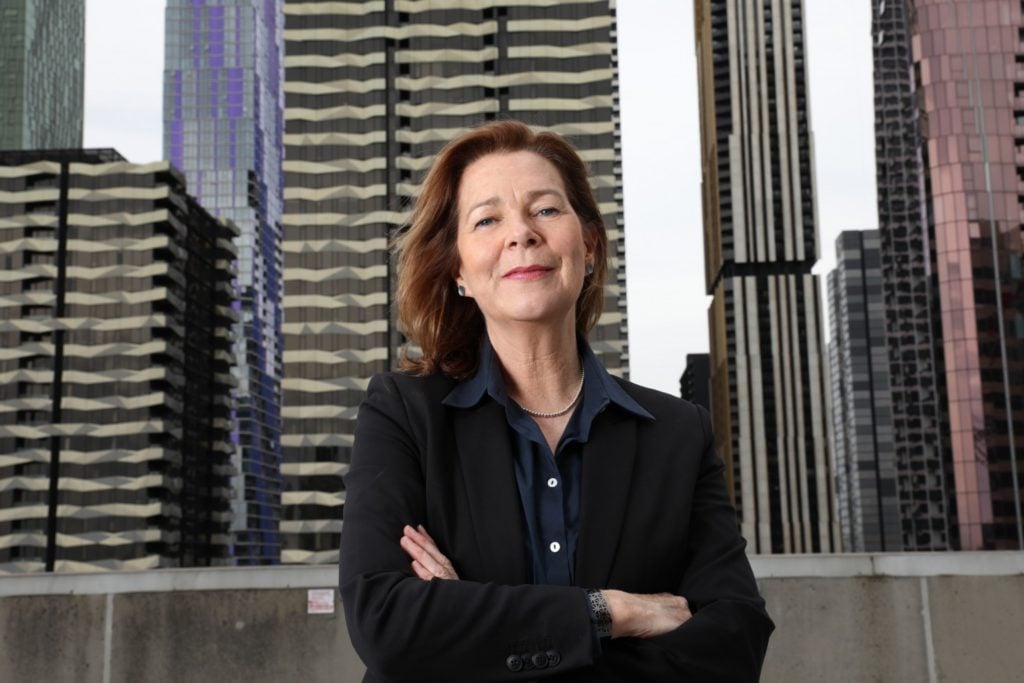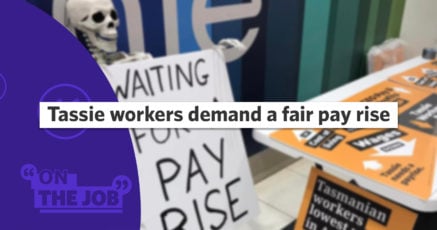Australian women know it first-hand, and the statistics have confirmed it. The gender day gap remains firmly entrenched and there are few signs that it’s closing.
Data from the Workplace Gender Equality Agency (WEGA) released last Friday showed women typically earned less than $25,800 a year than men on average. That’s a gap of more than 20 per cent.
WEGA’s annual report card on the gender pay gap found that while there has been a minuscule shift in closing the gap – half a percentage point to be exact – men were still twice as likely to be earning $120,000 and above.
Meanwhile, women were 50 per cent more likely than men to find themselves in the lowest wage cohort of $60,000 or below.
The agency confirmed that the gap was universal.
“Every industry has a gap that favours men,” WEGA confirmed in its report.
For Australian Council of Trade Unions president Michele O’Neil, the universal pay disparity working women face is unacceptable.
“Australia’s gender pay gap is a disgrace. And it’s globally shameful,” she said.
“It really hasn’t moved significantly under this government. That’s because the Morison government likes to talk about listening to women, but refuses to do the things that will make a difference.”

“Australia is last on the global gender pay gap scorecard. That’s pretty extraordinary and that was looking at 11 indicators in Australia, France, South Africa, Spain, Sweden and the UK and we came at the bottom of that.
“So it really just shows that we’ve got a government that won’t take the action that’s needed to shift this,” O’Neil told On the Job.
WEGA director Mary Woolridge admitted that the report card results were a huge disappointment and said that change was occurring “way too slow given the benefits we know gender equality brings men, women and communities, business and the economy as a whole.”
The report card sourced data from over 4 million employees, providing a definitive snapshot of the state of play right across the economy.
It confirmed an entrenched gender divide across certain sectors of the economy.
Women were concentrated in lower paid areas like aged care and related caring work, education, social services and retail, while men continued to dominate in higher paid sectors like resources, construction and utility services.
“Almost one in three women are in the lowest paid quartile of full-time employees in Australia, while around one in three men are in the top earnings quartile,” the report card said.
O’Neil said that the WEGA report card confirmed Australia still fundamentally undervalues the jobs women do – despite how the COVID19 pandemic underlined what vital work it is.
“Under the Fair Work Act, it says that you’ve got to do this thing called a ‘male comparator’ if you’re trying to argue about a pay equity case, and that basically means that instead of looking at the value of the work itself, you have to compare it to the value of work done by in a job that’s predominately done by men. Now that’s just outrageous in 2022,” she said.
O’Neil pointed out the Federal Government is in a position to have an immediate impact on the gender pay gap but has shown no interest in doing so.
“Right now, there’s a case in the Fair Work Commission about pay for aged care workers,” she said.
“The Morison government is refusing to put in a supporting submission to say that that a pay increase should happen for aged care workers.”
“That just shows you that they’re all talk and there’s none of the action that’s needed to make a difference.”
The ACTU fully supports the campaign for a major revamp of the childcare and early education sector – something that Michele O’Neil sees as a game changer in the fight to close the gender pay gap.
“These things all fit together. If we’re going to fix the gender pay gap, if we’re going to make women more equal, we have got to have a commitment to free universal childcare and change the laws so that we can get proper recognition for the skills and jobs that women do.”
“And of course we need to have women organising in unions – which is what traditionally delivers on all these things – because none of the changes won in equal pay over generations have come about because a prime minister woke up one day and said I’m going to do something about women.”
“It’s come about from women and women organising in unions,” O’Neil said.













SHARE:
Jumping the gender pay gap still a leap too far